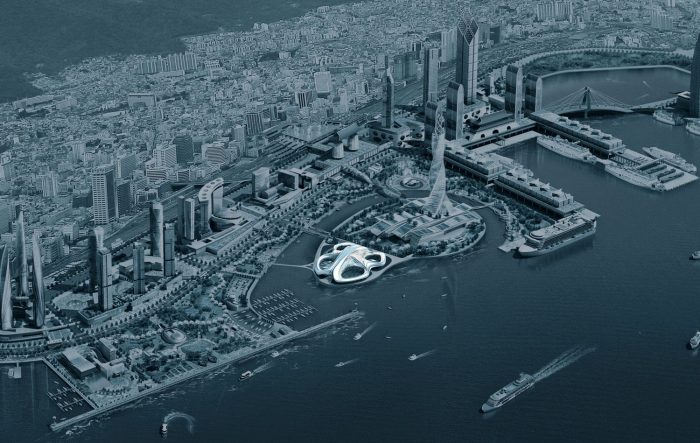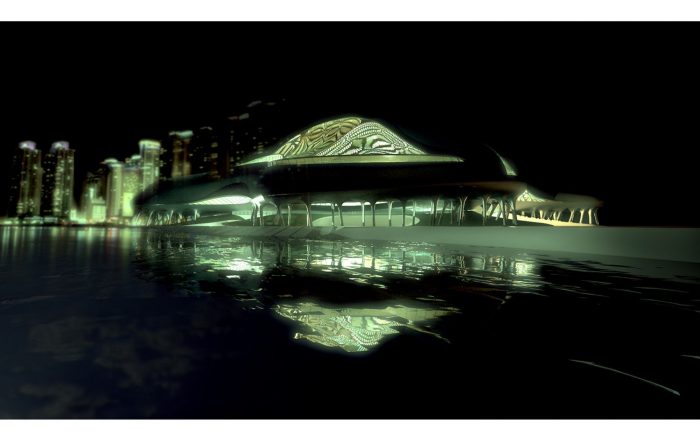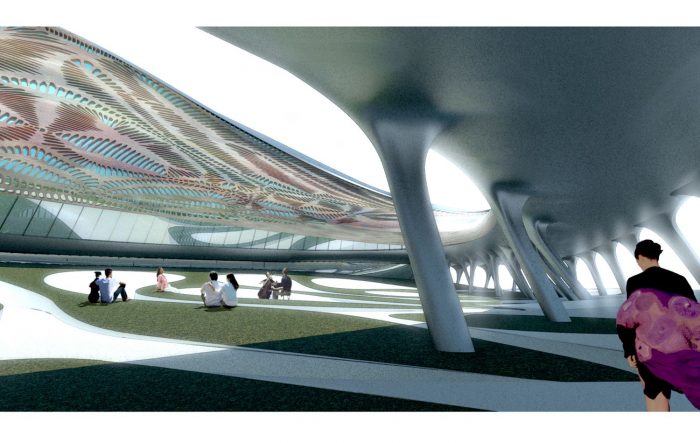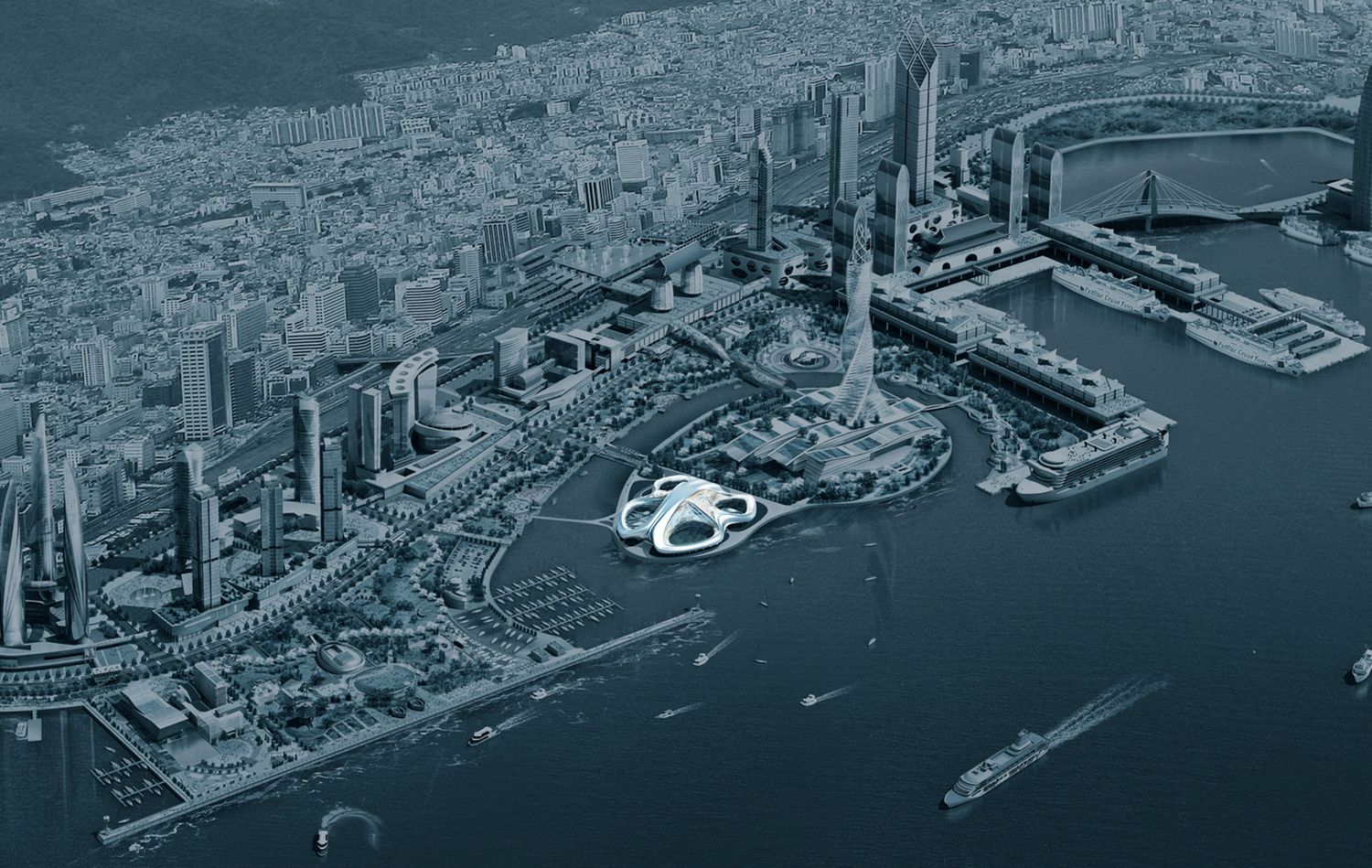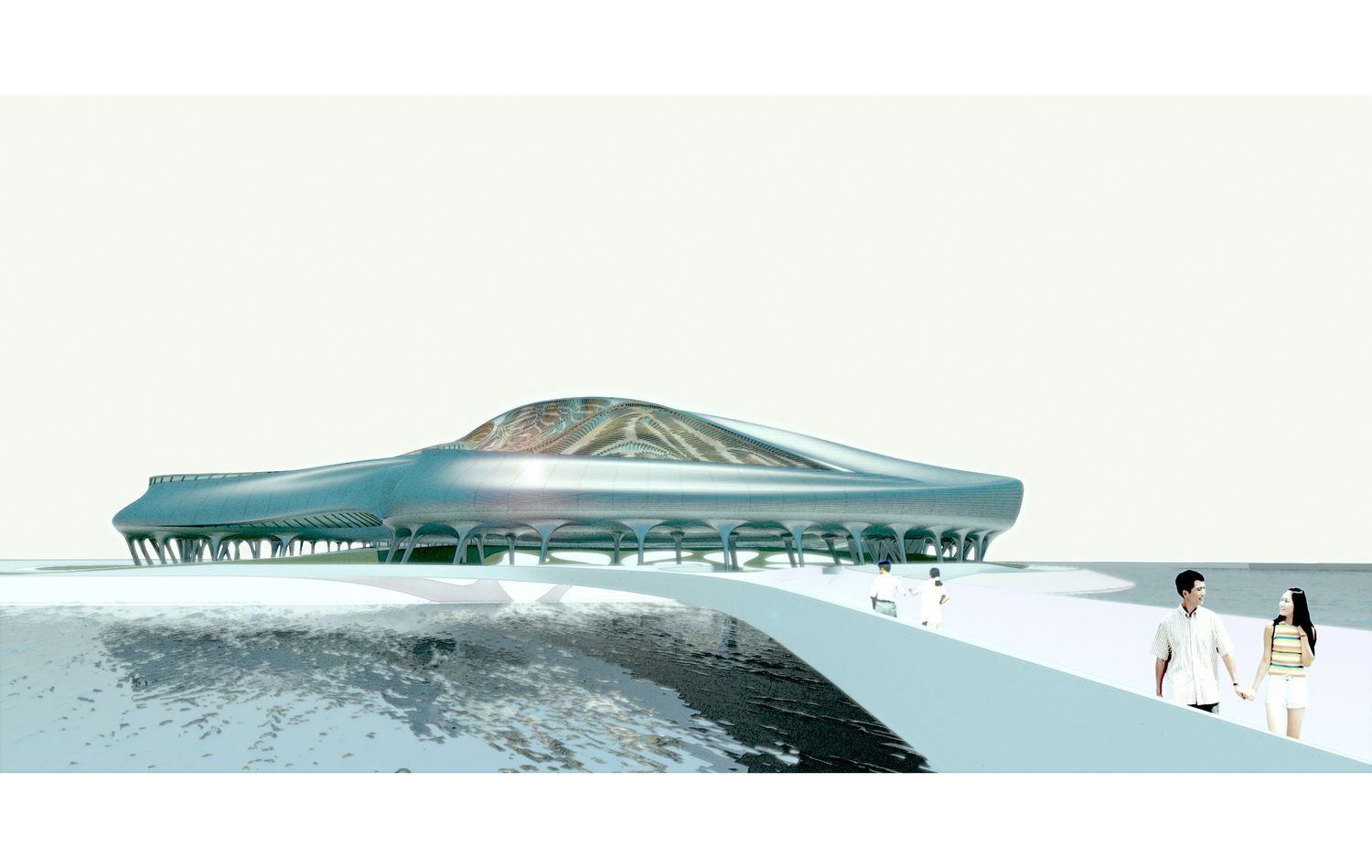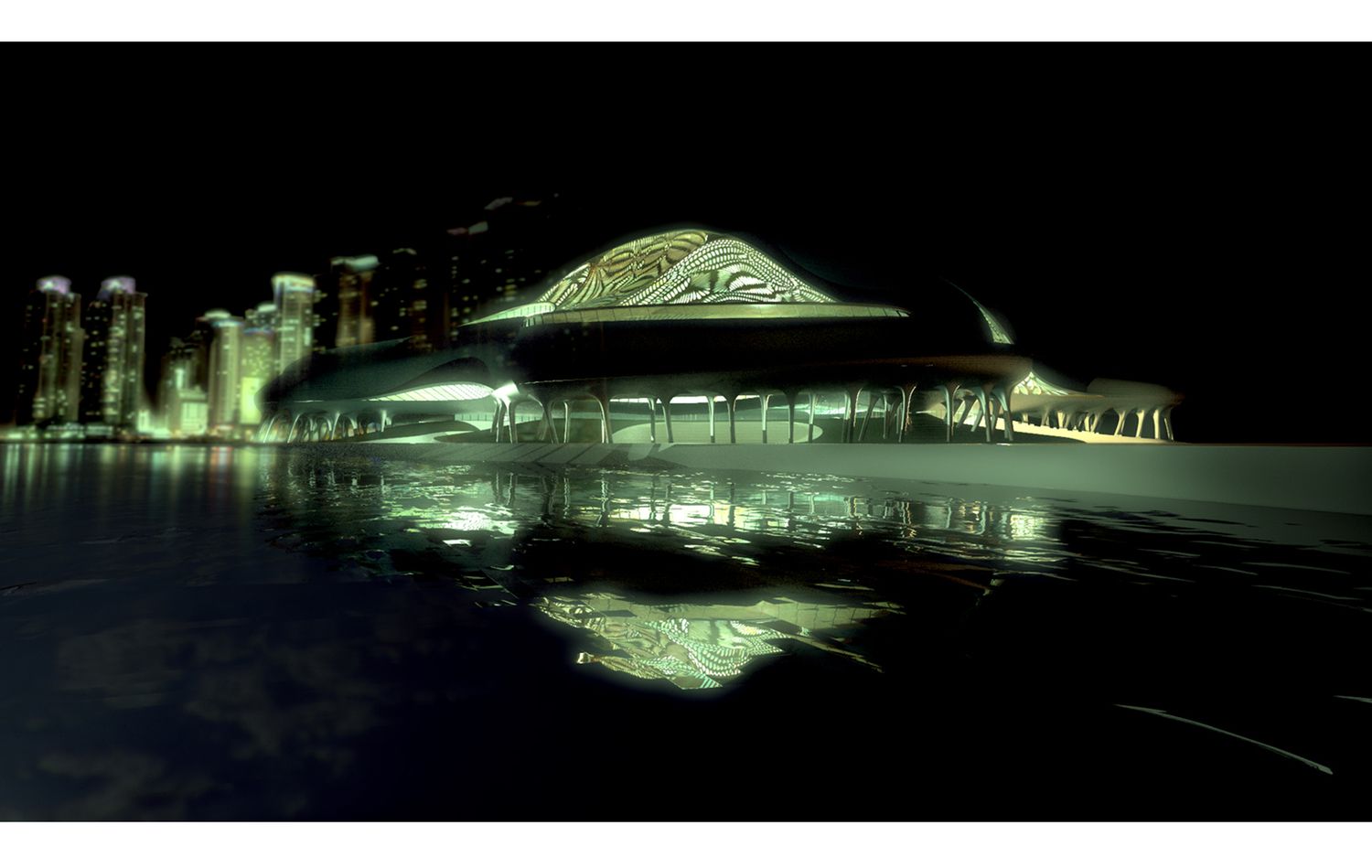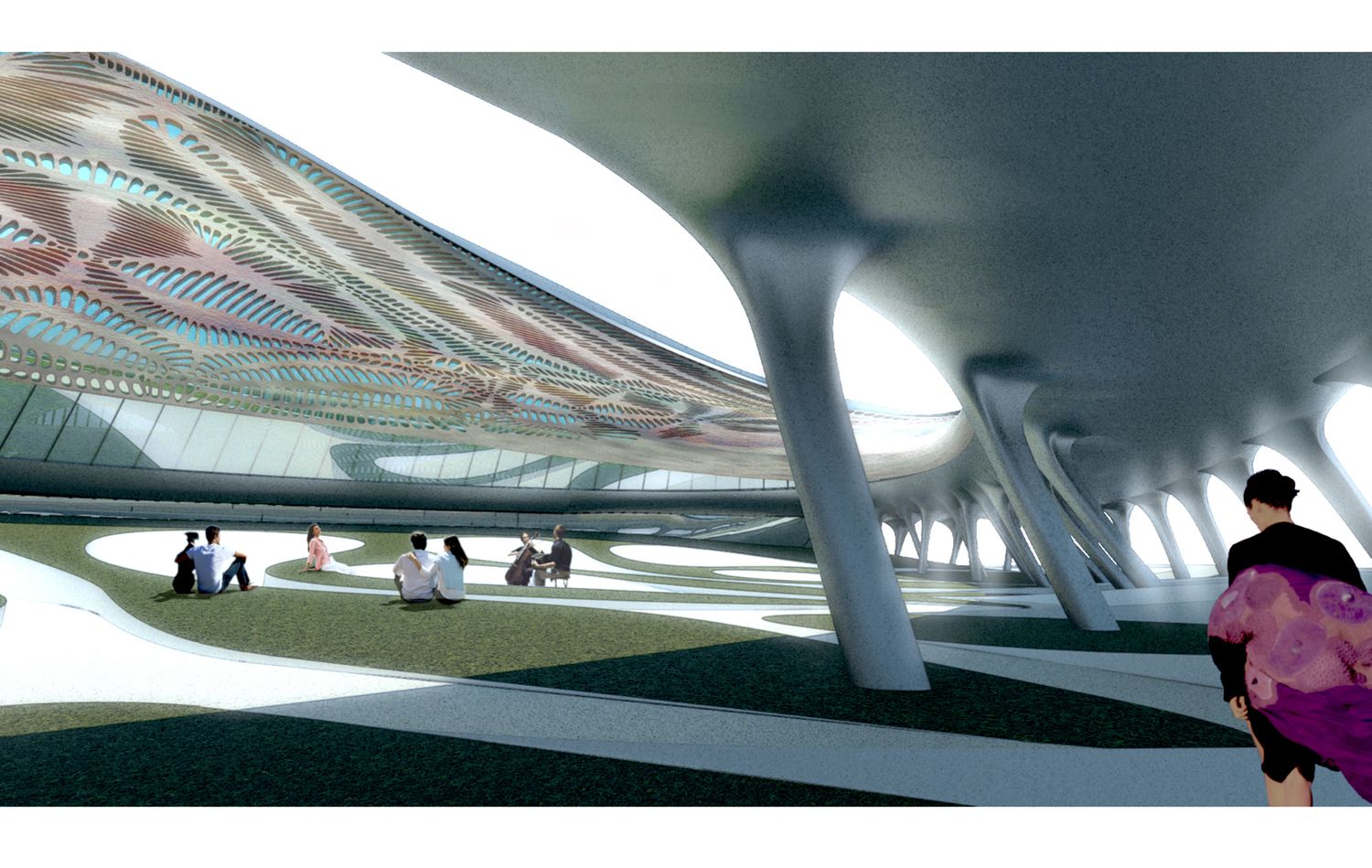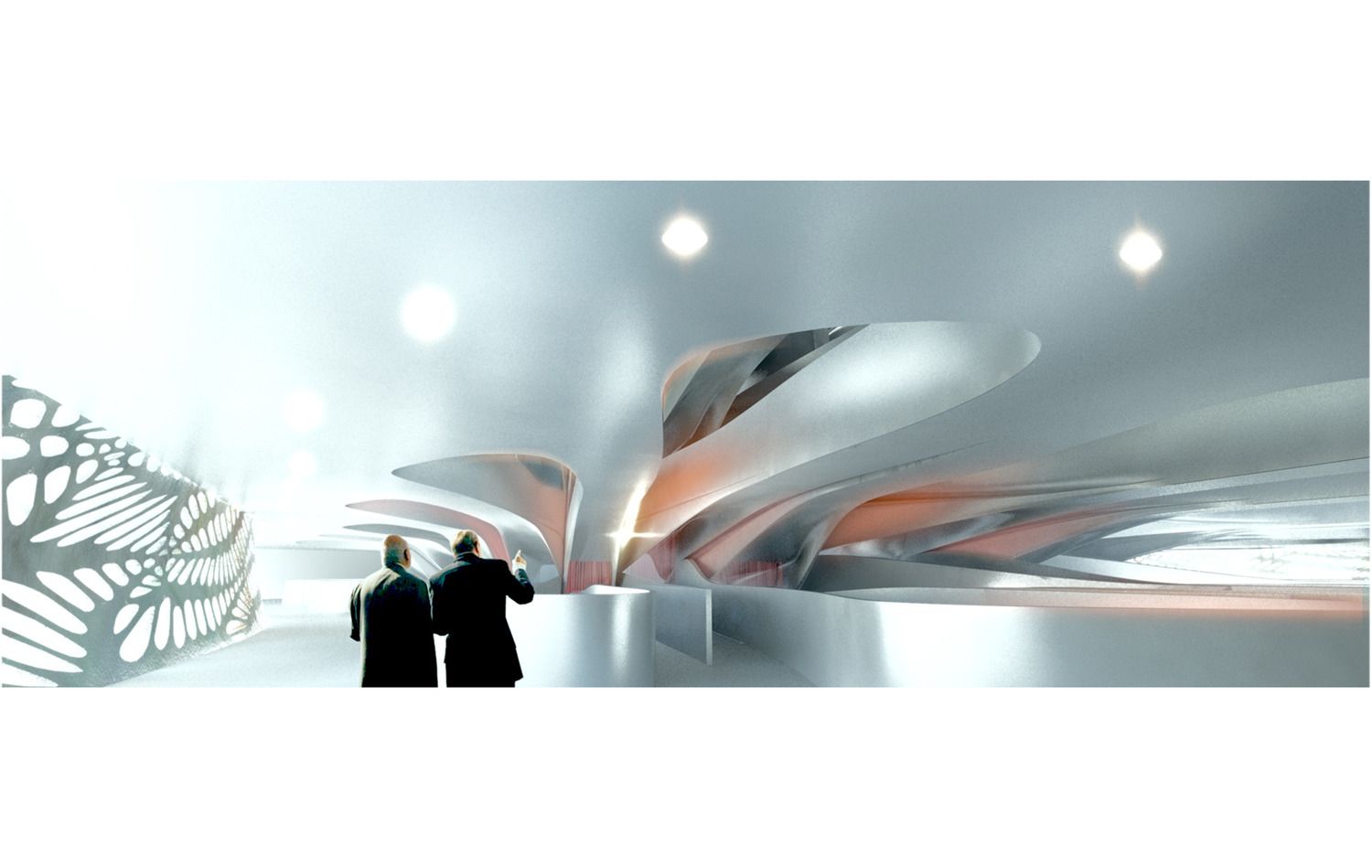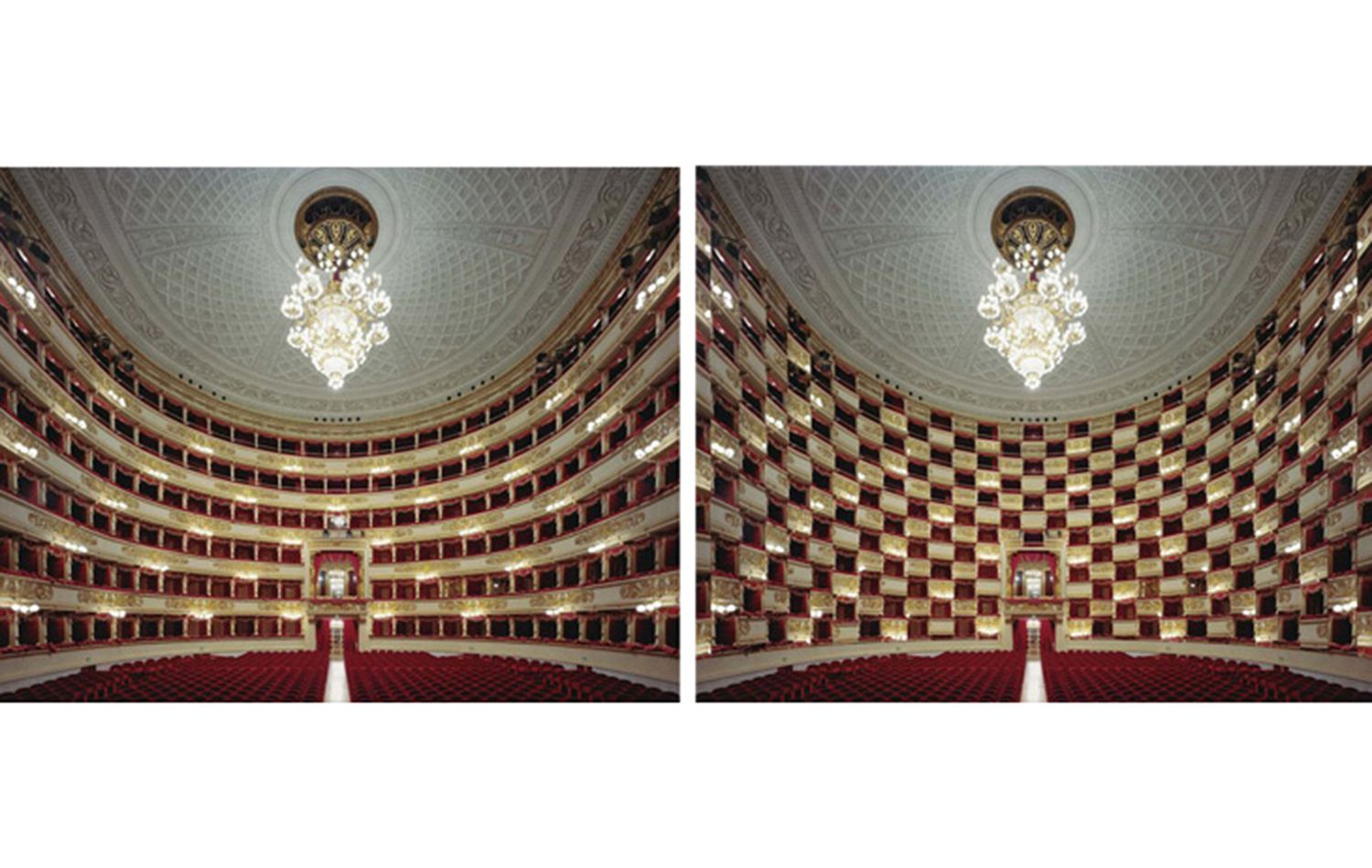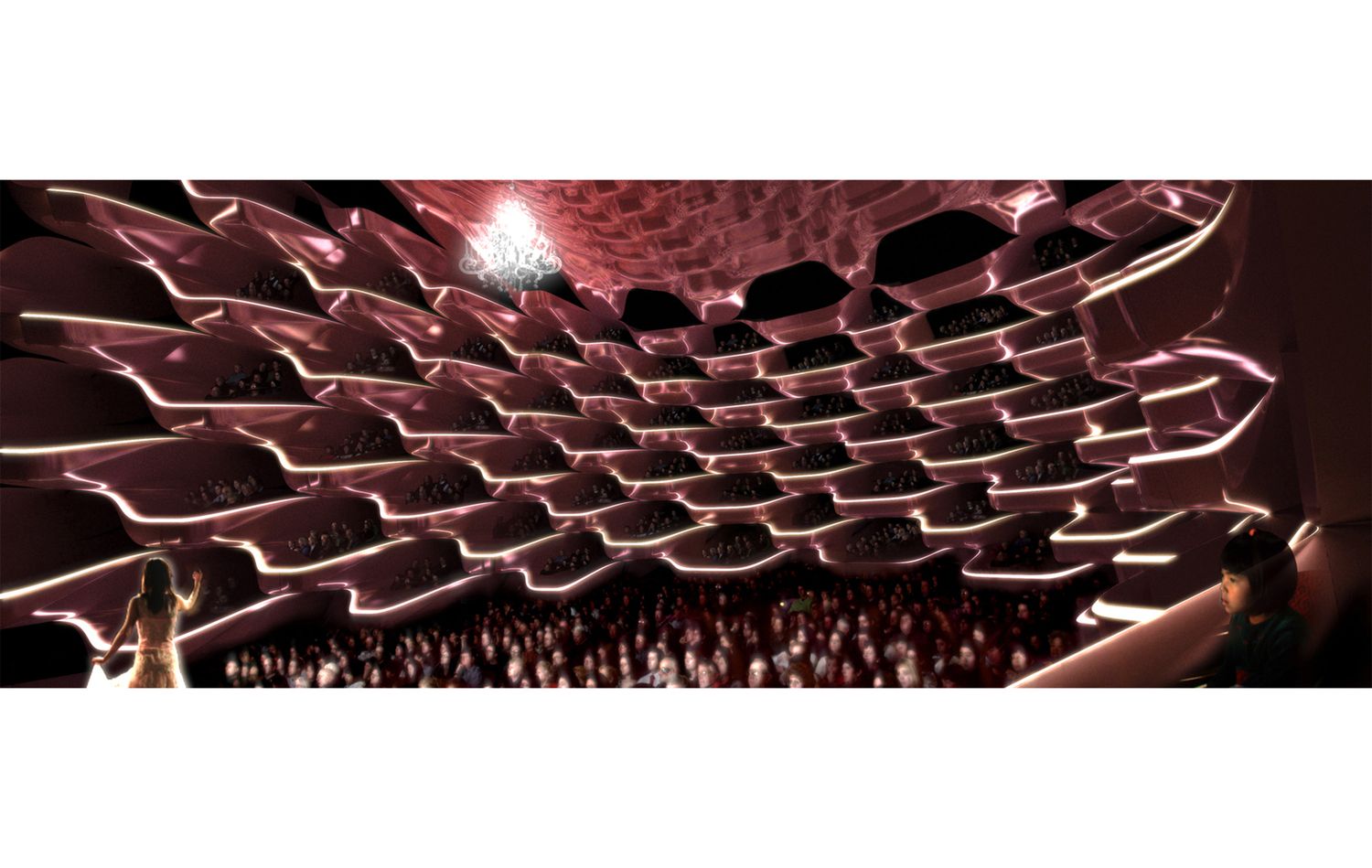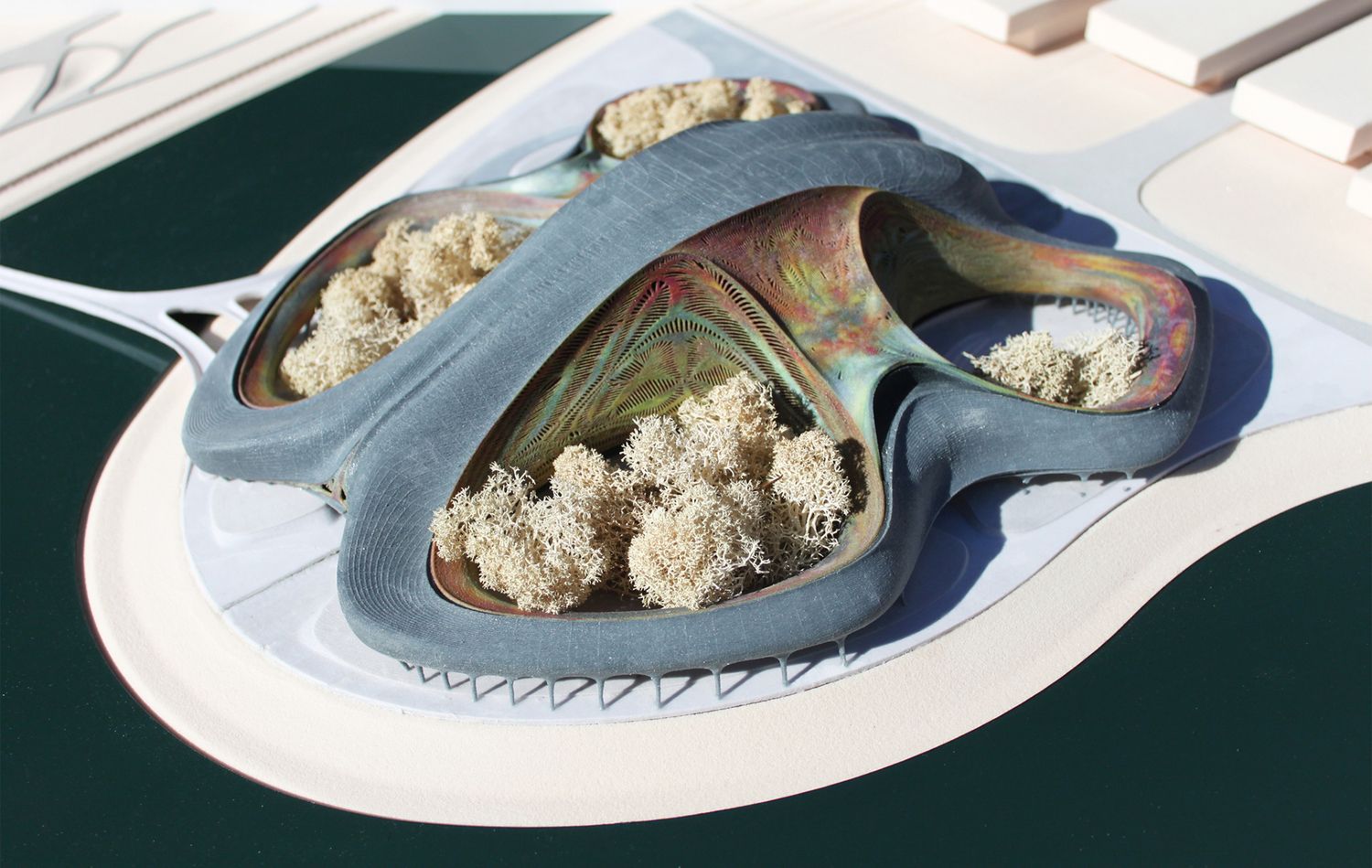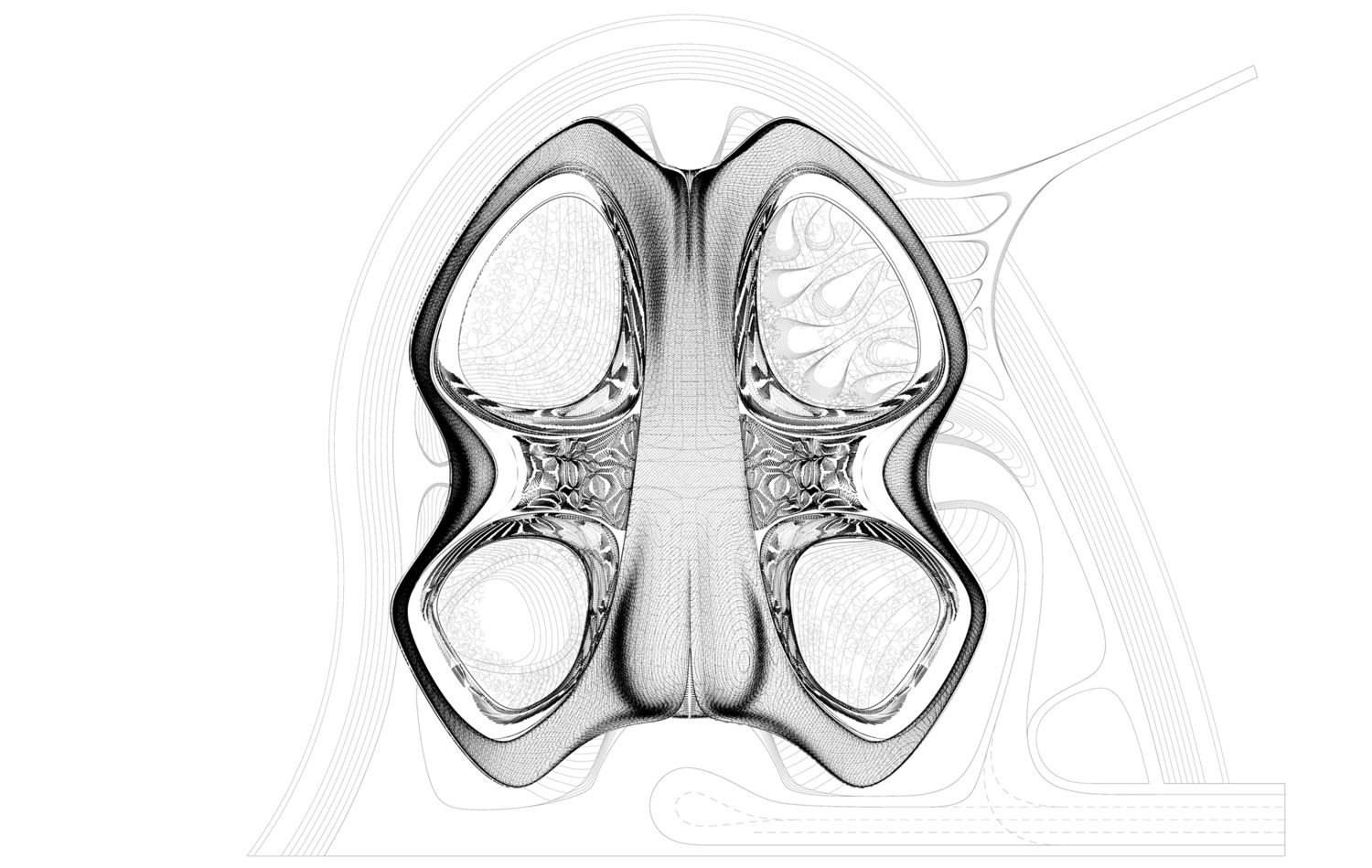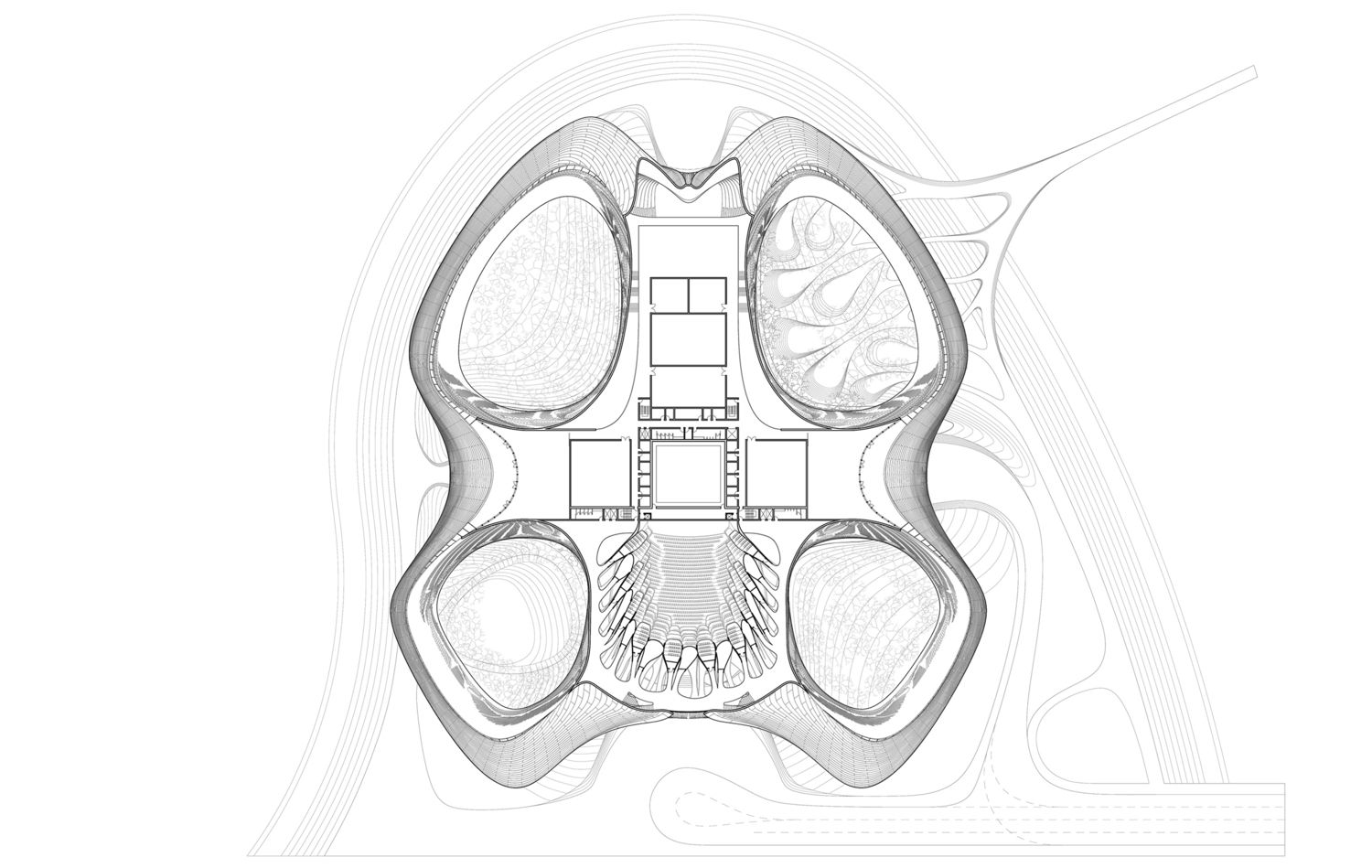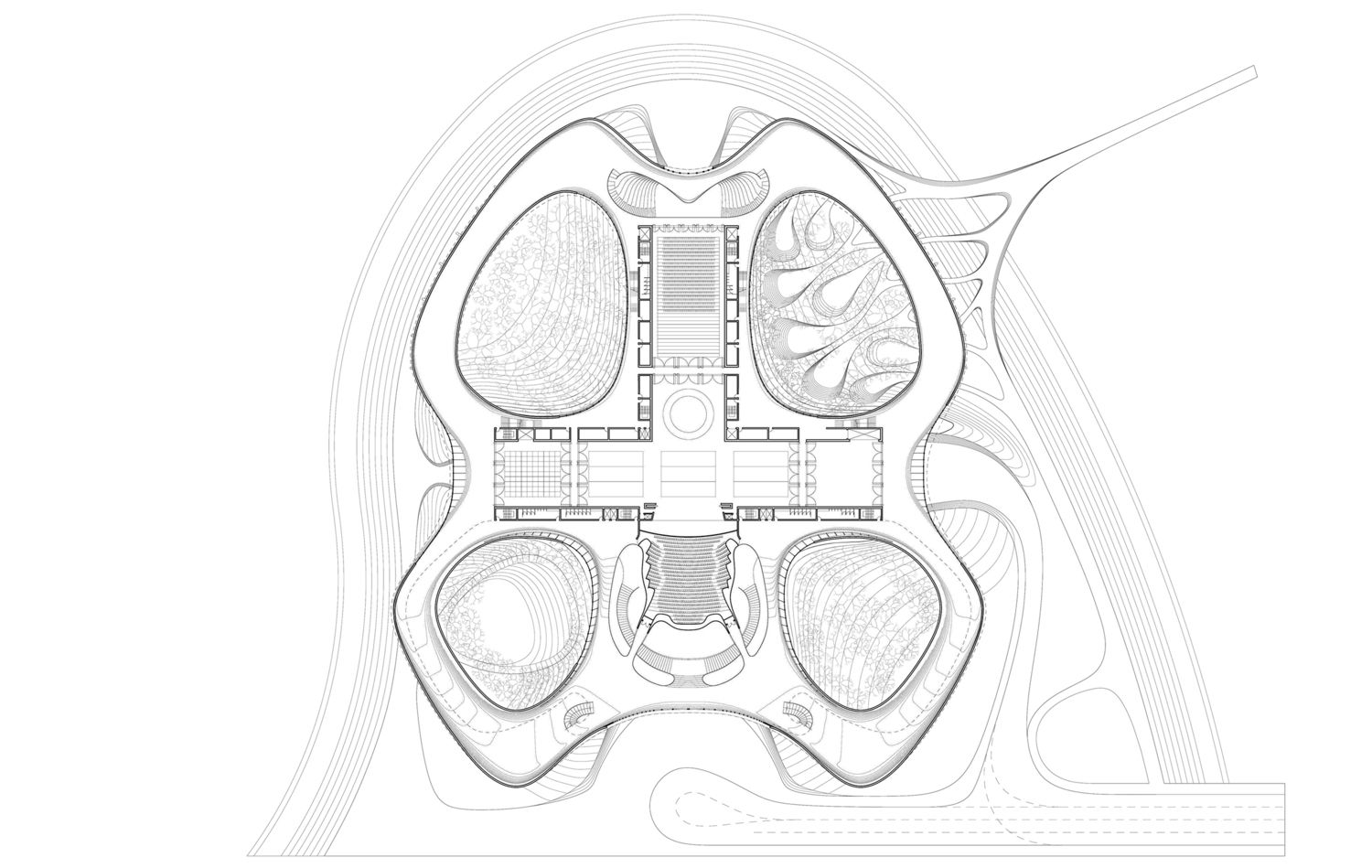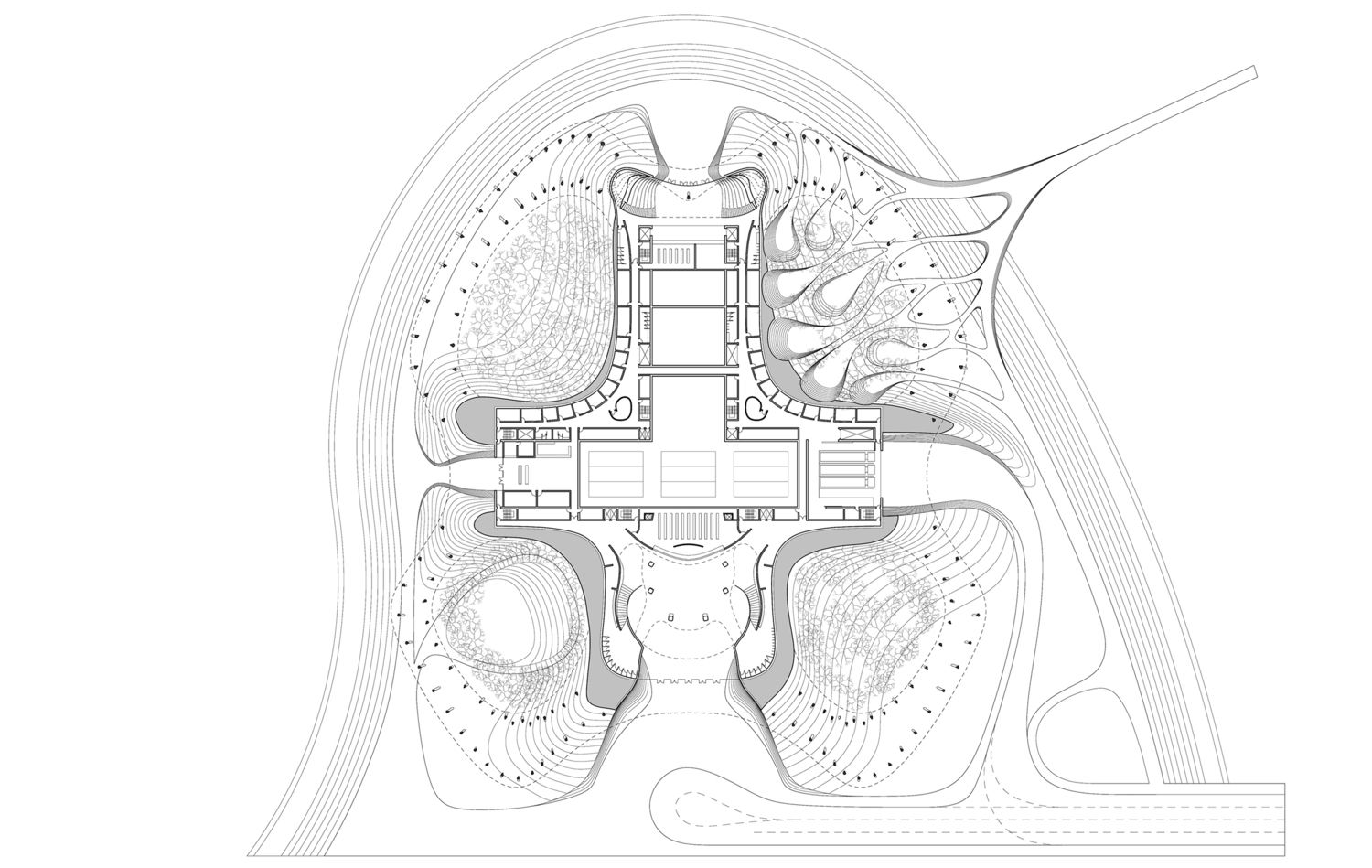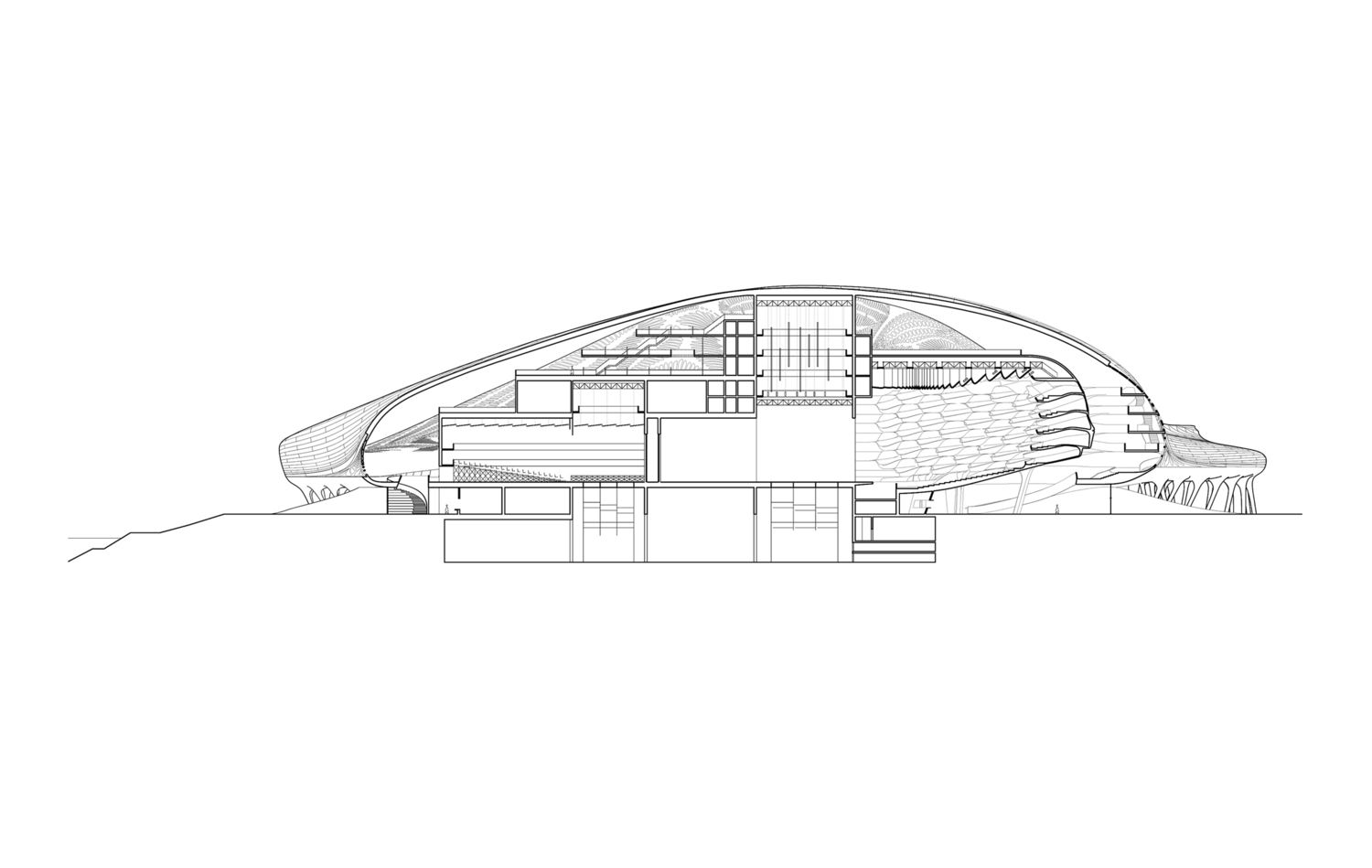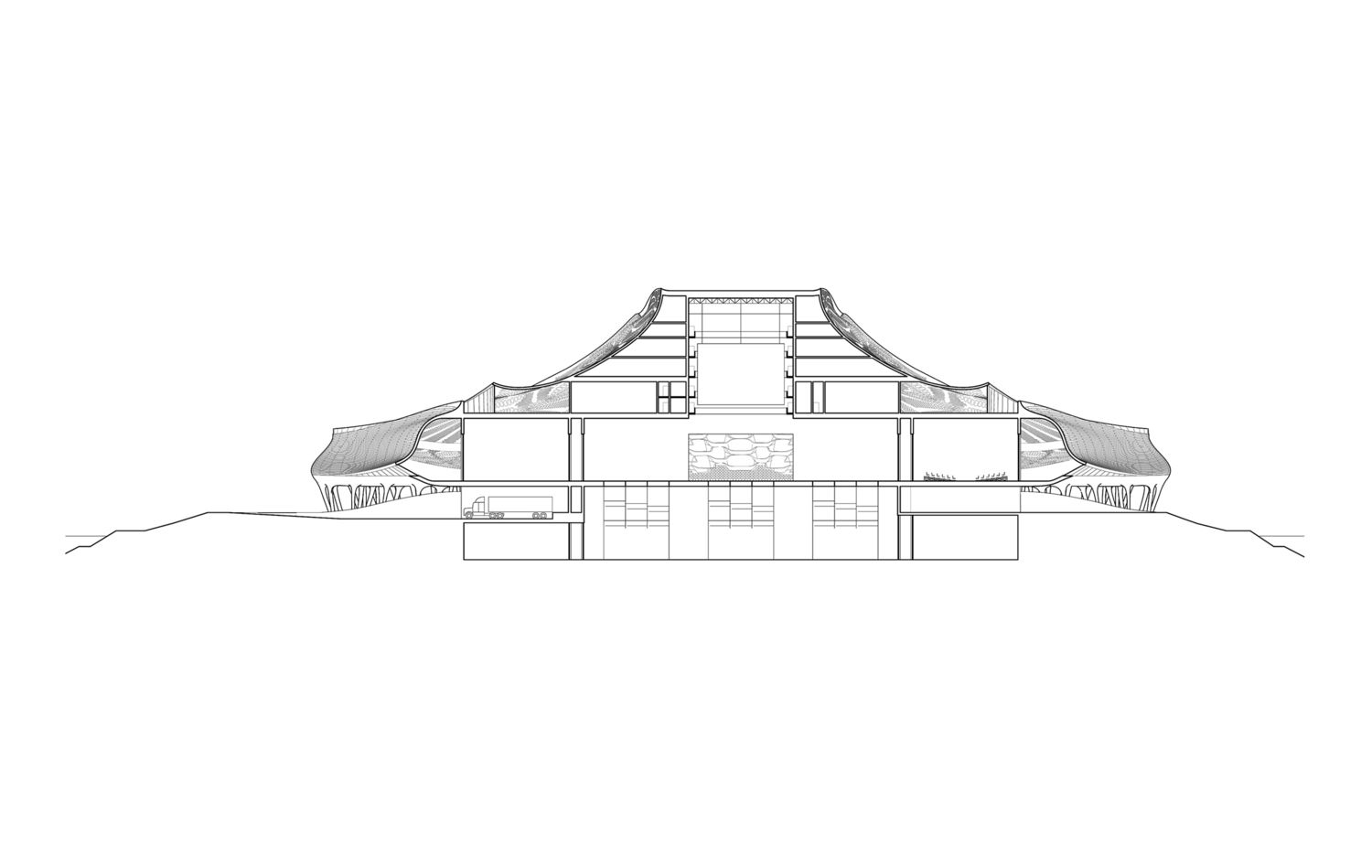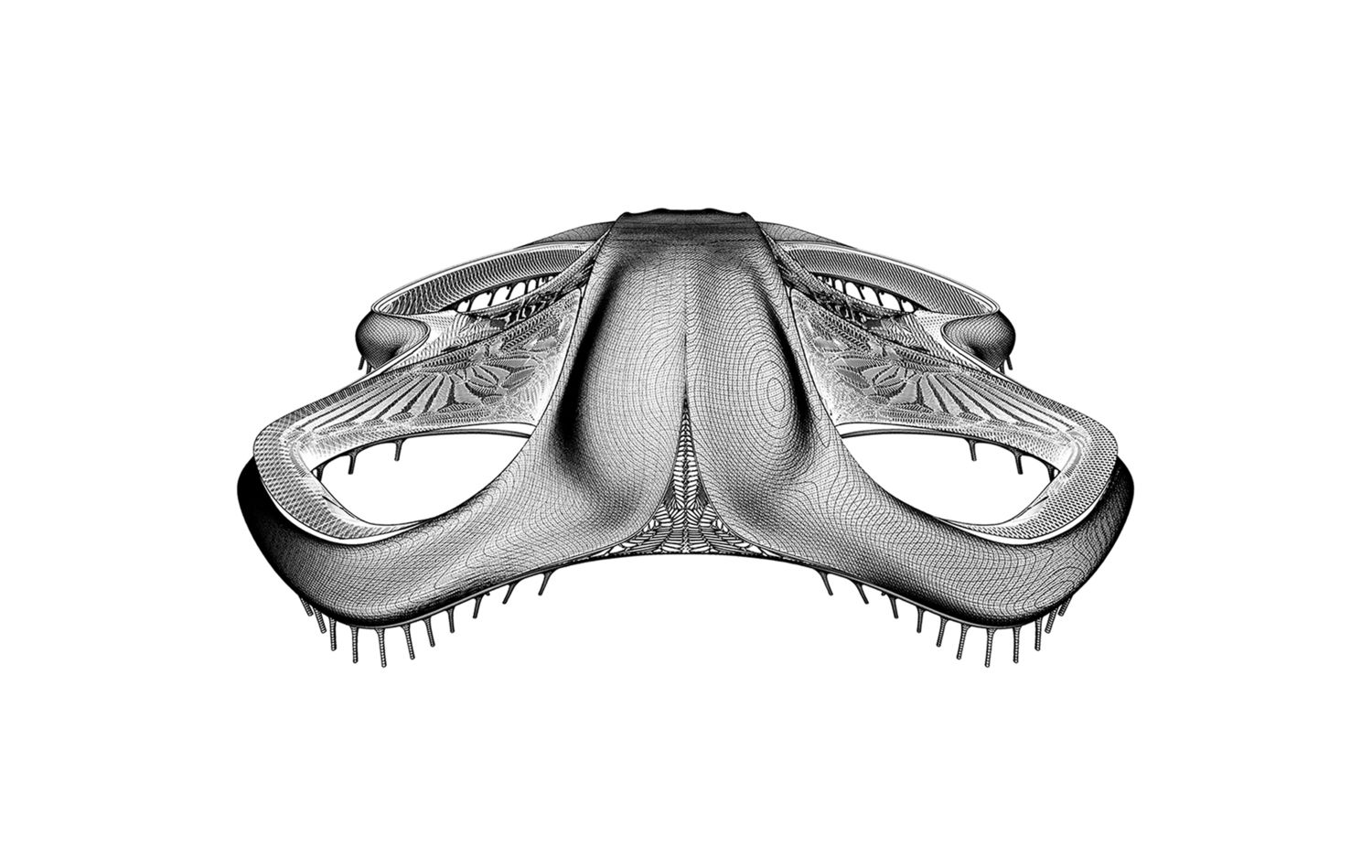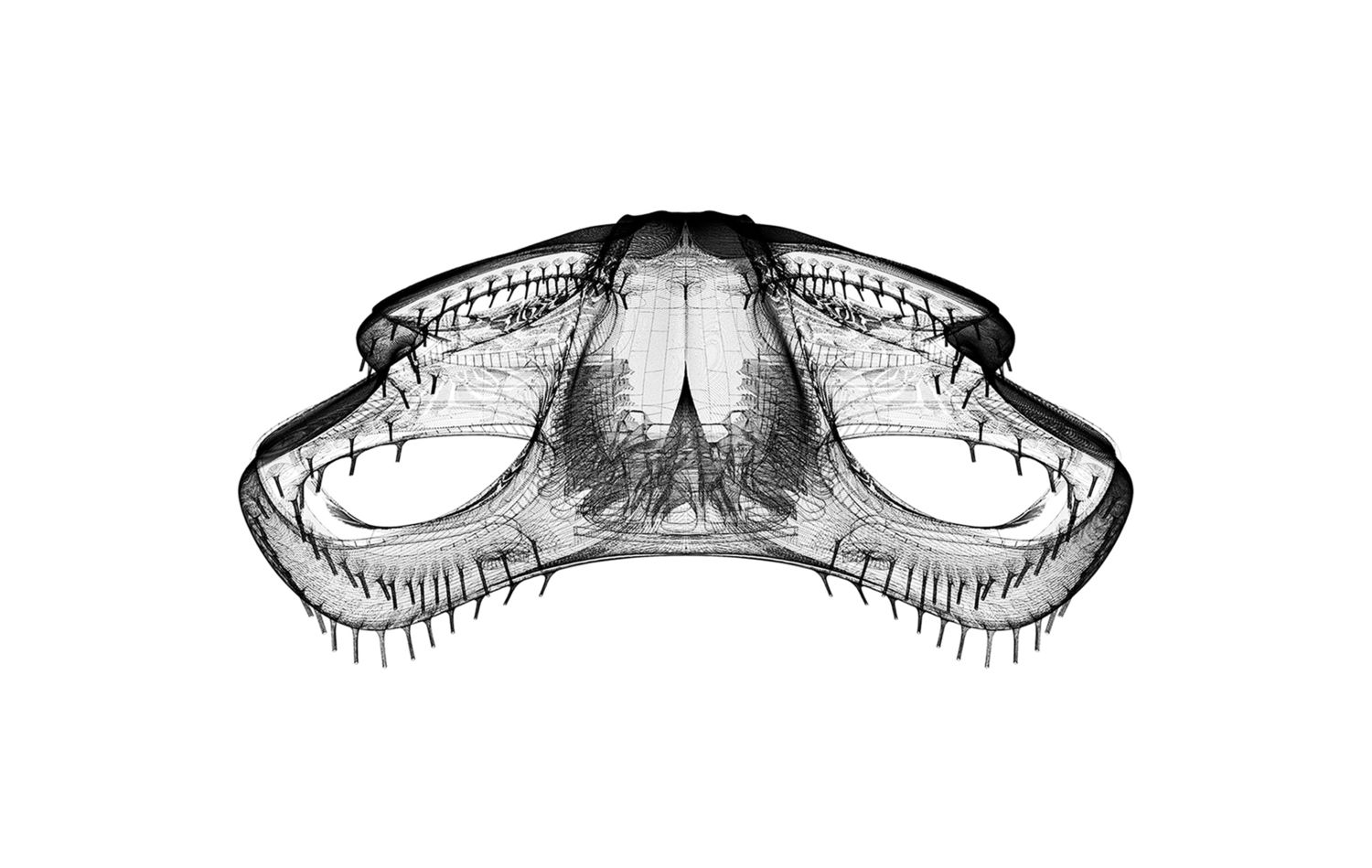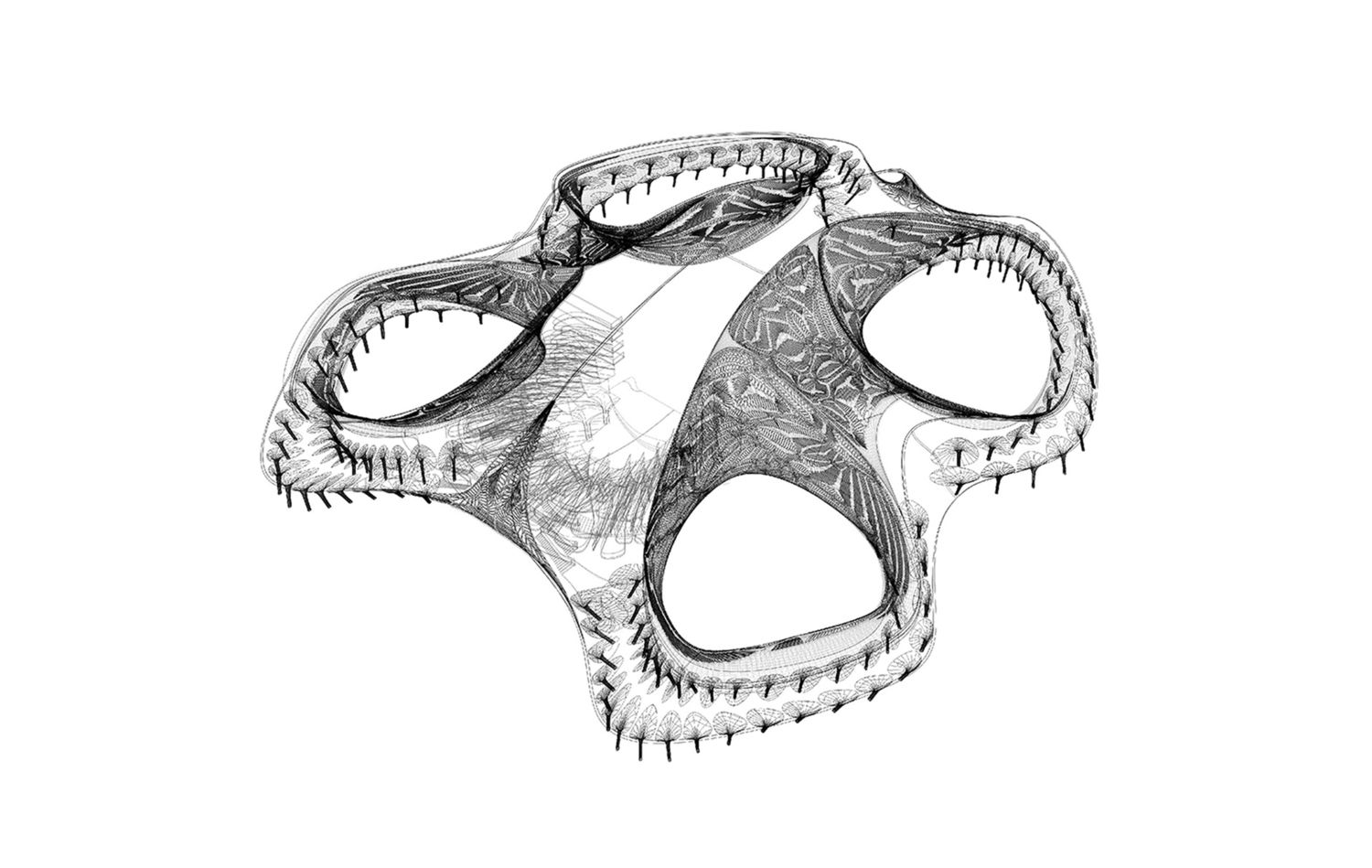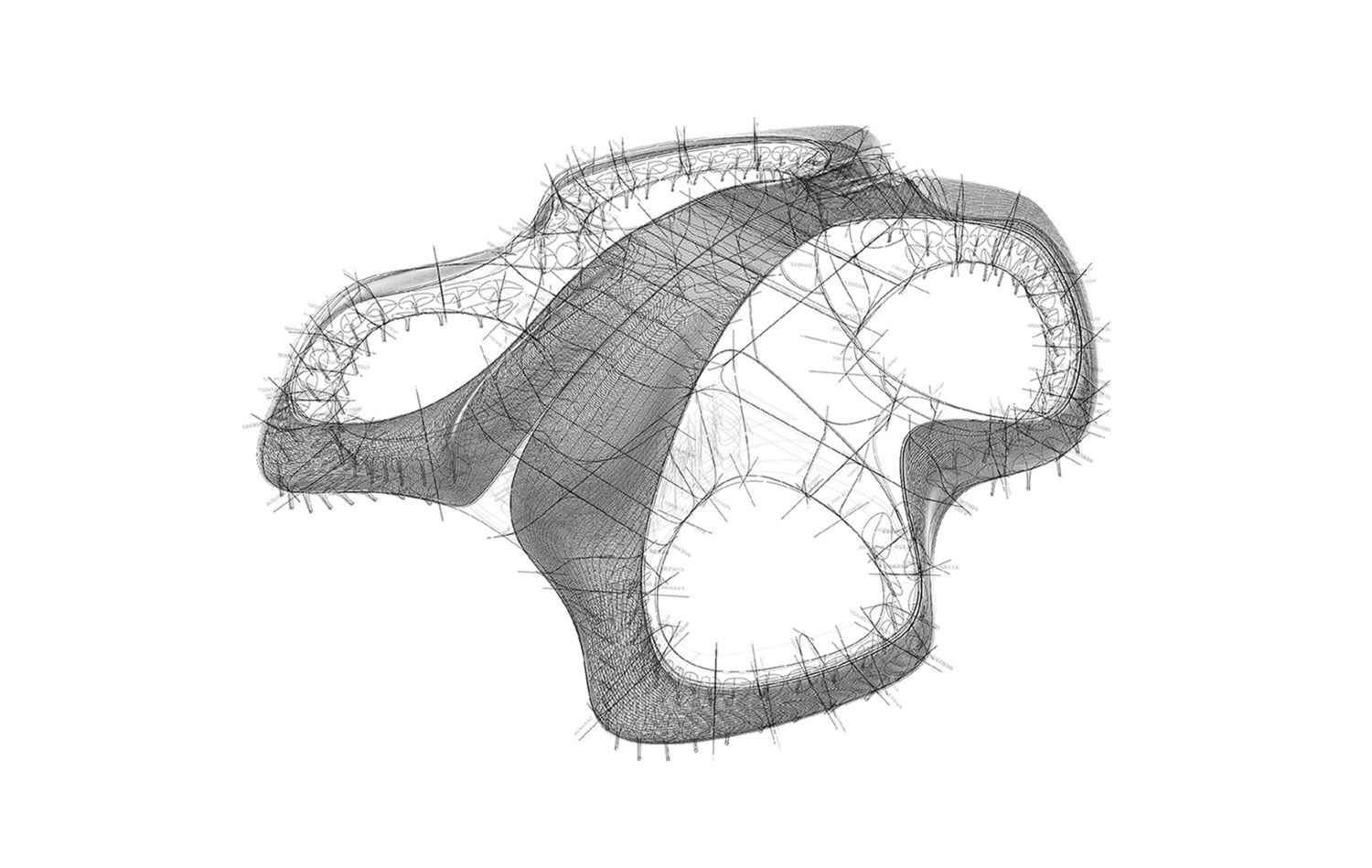Busan Opera
To attend an operatic performance is to become immersed in a total work of art. Opera seeks to compress a multitude of specific art mediums into a single temporal experience; poetic narrative, dramatic performance, music (both vocal and orchestral), costume, lighting, stage and scenery design. To be engaged in opera is often an overwhelmingly intense experience; a heightened, isolated from the everyday, aesthetic spectacle. But, to go to the opera is much more than just the performance itself. It involves all of the preliminary anticipatory experiences of the opera house. The entries, lobbies, stairways, foyers, bars and restaurants are an integral part of the opera event.
This is where the architecture of the opera house becomes a crucial piece in a larger performance; a social, cultural and aesthetic performance. Cultural institutions such as theaters, performance halls, museums, and operas provide and provoke much more than just a functional display of artwork. They are participatory pieces in the complexity of societal relations, both in the direct experiences of each patron, and through the larger urban and cultural conditions that surround the building. The opera, as a cultural hub, becomes a beacon that simultaneously draws people in while projecting identity out.
We have responded to this challenge by making three specific interventions into the opera house organization: First, the linear and hierarchical auditorium seating staggers and compresses to become more intimate, egalitarian and experiential; second, the promenade of foyer/circulation is elongated into a mediating space for the participatory act of anticipatory congregation; and lastly the pragmatic cruciform of performance stage and side stages become permeable, editable and adaptable by taking on exhibition programs as seasons and schedules permit.
Location: Busan, Korea
Type: Opera Hall, Performing Arts Center, Exhibition Hall
Structure: Concrete, Steel
Year: 2011
Courtesy of YOUNG & AYATA
Courtesy of YOUNG & AYATA
Courtesy of YOUNG & AYATA
Courtesy of YOUNG & AYATA
Courtesy of YOUNG & AYATA
Courtesy of YOUNG & AYATA
Courtesy of YOUNG & AYATA
Model
plan
plan
plan
plan
Section
Section
Diagram
Diagram
Sketch
Sketch


